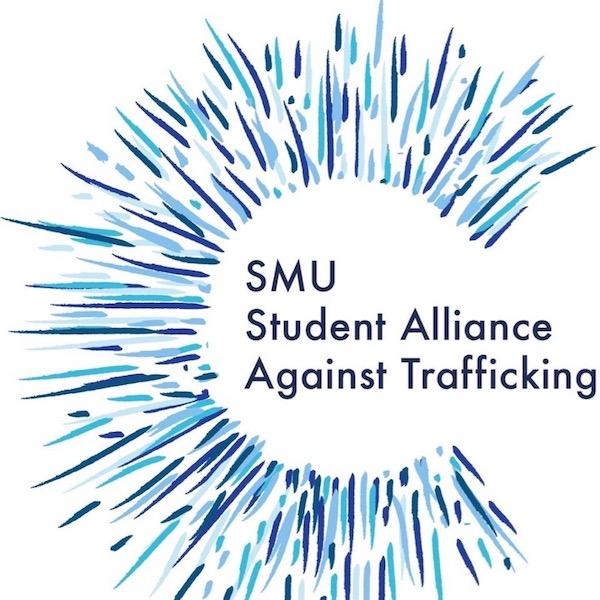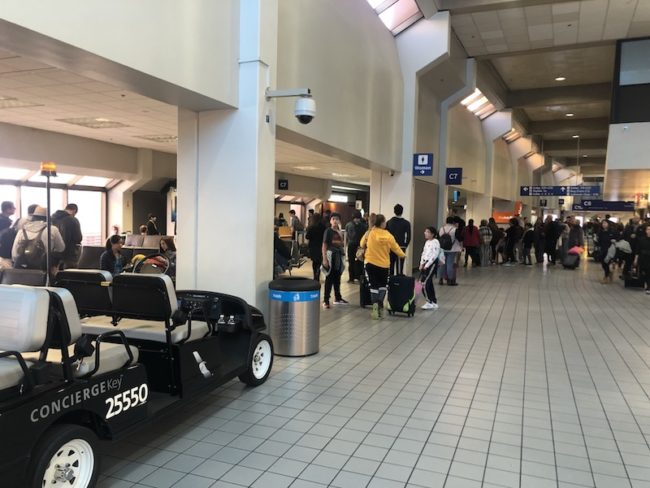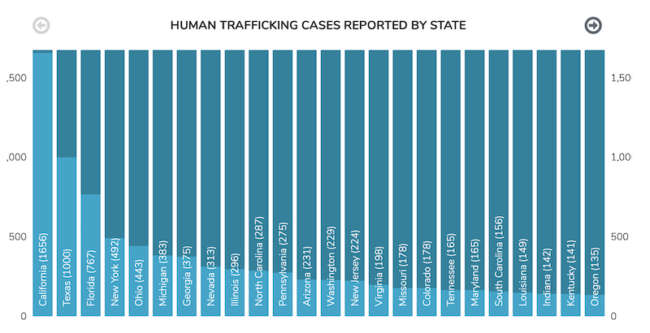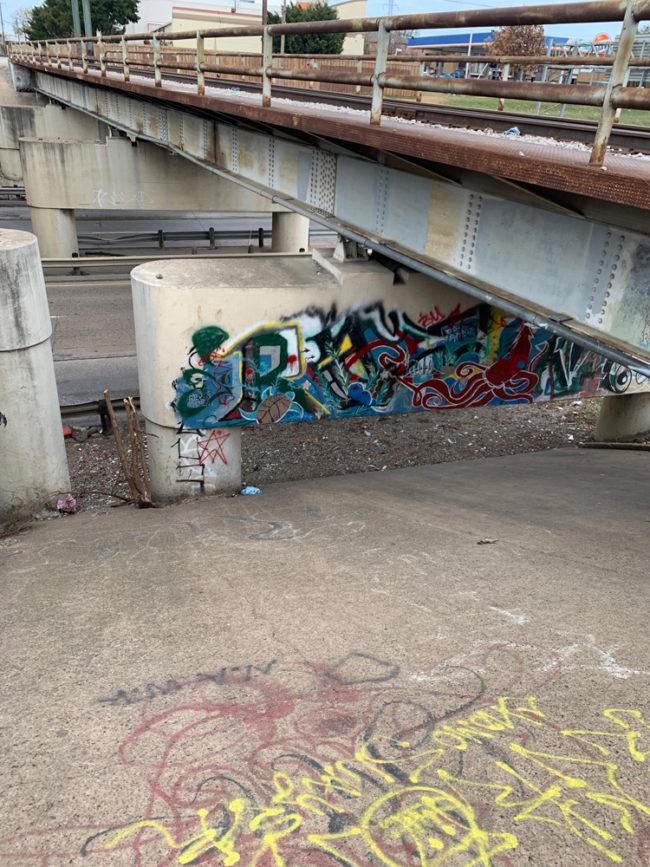A hotel for many is a place to stay on vacation, whether that be a family trip, luxurious getaway, or stop along the way. But how much do you really know about what is going on behind the closed doors in hotels across the country?
Rhonda Staples, the general manager at Hyatt Place the Colony, said that “how much goes on behind the closed doors and in those rooms that we wouldn’t think happens,” surprised her the most about working in the hotel industry. There are over 54,200 hotel properties throughout the United States. In total, they contain over 5 million guest rooms.

Every year in the United States, 100,000 children are trafficked and at any given time, 79,000 Texas minors are sex trafficked. According to the National Human Trafficking Hotline, the second most common venue for sex trafficking in the state of Texas is hotels. Despite the exploitation children face in this billion-dollar industry, many Americans are unaware that this is happening in their neighborhoods, including hotel employees.
“You think about it,” said Lori Snelson, a member of the Hotel Association of North Texas, “and you hear about it, but you think about it not being in your own backyard, you think of it happening in other places.”

As the sex trafficking industry continues to grow in the United States, organizations across the country have introduced new ways to help contain it. Business Ending Sex Trafficking (BEST) is one group that has done just that.
Since its founding in 2012 in Washington, BEST has launched multiple plans to help end this epidemic including training programs for hotel employees.
“The training touched on the facts and made you very aware that it’s happening everywhere,” said Staples who has taken the training herself.
The online training consists of personal anecdotes from survivors, law enforcement officials, and members of sex trafficking prevention groups. The training is broken up into multiple sections including the people involved in the industry, what hotel employees can do to prevent this, and how to identify the common signs associated with sex trafficking.
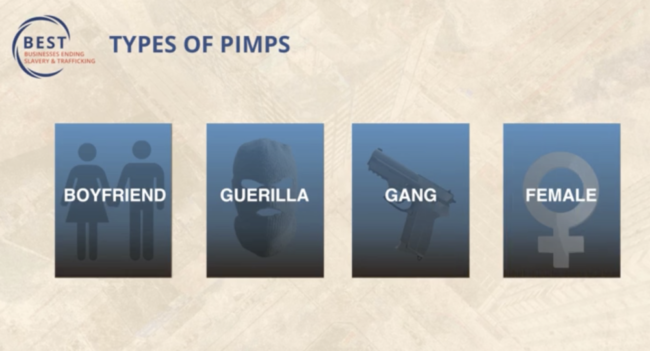
After each section, users answer questions to ensure that they are retaining the big ideas from the training. In order to help track the training’s effectiveness, there is also a questionnaire at the beginning and end of the survey on the user’s sex trafficking knowledge.
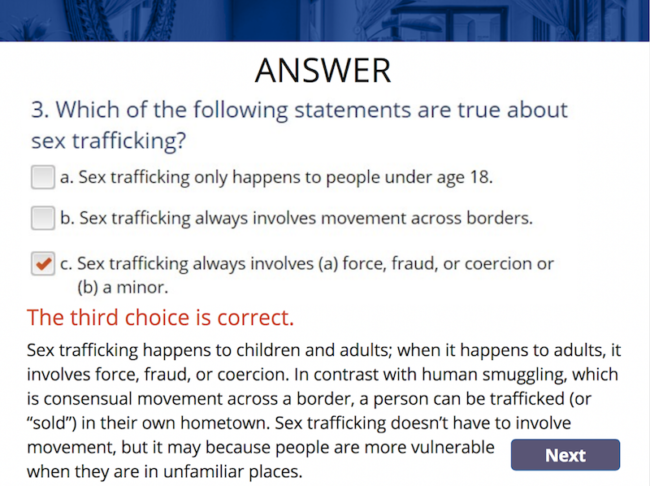
Because of the training’s extensiveness, the Hotel Association of North Texas (HANTX) partnered with BEST. This partnership has allowed the HANTX to offer complimentary trafficking training for all members of the association, which has helped bring awareness to the DFW area. The training has opened the eyes of many of its users.
After taking the training, Staples plans to “absolutely make it a priority with [her] team and now [she’s] aware of the things to look for.”
After taking the training, many people recalled instances that indicated a person being trafficked. However, at the time, they did not know the proper steps to take to intervene.
“I recently was at a grocery store and I saw a lady being kind of harassed,” said Snelson. “It didn’t look like she was supposed to be in that situation. I watched them and I walked out to my car and I probably should have said something, but I didn’t because I wasn’t prepared to know what to do, but now that I’ve taken the training course I’d know a little more about what I should do.”
Snelson’s story is not unique. Bobbie Weir, who teaches the hotel internship program for the Richardson Independent School District, identified signs of potential sex trafficking in the life of one of her students after taking BEST’s training.

“I noticed the difference in this young person,” said Weir. “You could tell that even in her types of clothes that something was totally off. I had been keeping an eye on it, but then she wanted to drop out of high school and here she’s a senior and one of my second-year interns. I realized after taking the training that there was a high possibility that she could be one of those that could easily be lost.”
Weir credits ensuring her student’s safety to BEST. After she took the training, she identified these indicators and notified authorities to make sure her student was okay.
Last year, Weir’s students completed the training and she intends to make it mandatory for all students in the internship program this year. Additionally, she has been inspired by the training and hopes to help implement it throughout Texas schools in general, expanding the audience for this training from hotels to schools.
“I believe so strongly in this training,” said Weir. “I believe all teachers in the state of Texas should be trained in human trafficking because [traffickers] prey on our young people and as teachers we are not trained.”
All of these efforts are working toward ending the human trafficking industry. BEST encourages bystanders to speak out if they see something. To report sex trafficking, call the National Human Trafficking Hotline 1-888-373-7888 or reach out to the National Human Trafficking Chat Hotline at www.humantraffickinghotline.org/chat.
BEST says these are some of the characteristics in identifying sex trafficking:
- minor is in a hotel room during a school day
- guest is an adult with an unrelated minor
- unusual number of used towels, condoms, or phones
- guest or visitor will not make eye contact
- patron bringing unknown guests into the room
- requesting information or access to adult services or sex industry
- male guests visiting one room at regular intervals
This article is part of a series in a special project on sex trafficking in North Texas from an SMU Division of Journalism course titled Human Rights and the Journalist. The class is taught by Michele Houston.















